
Windows 8 won’t save ailing companies from disaster
We all know that Microsoft is taking a hell of a gamble with its new operating system. If Windows 8 fails, as many are suggesting it will, that would be a major blow to the Redmond, Wash.-based company. Microsoft is staking pretty much everything on Windows 8 and trusting that ubiquity -- placing the OS on desktop systems, tablets, and mobile phones -- will be enough to persuade people to give it a chance.
The problem: Microsoft isn't just risking its own business. With the traditional PC market stagnating, faltering companies like Dell and HP (which both reported large drops in revenue recently -- HP’s losses being the worst in its 73-year history) need a way of boosting their dwindling PC sales. In previous years, the arrival of a new operating system would have done exactly that. When Windows 7 launched, for example, sales of new computers jumped 40 percent in the first week alone. While PC sales will undoubtedly still increase following Windows 8’s launch, it’s unlikely we’ll see such a big jump as last time around. Partly because many of those relatively recent upgraders will be happy to stick with what they’ve got, and partly because Windows 8 runs better on lower-specced systems than its predecessor does anyway. For those reasons alone it’s unlikely that this version of Windows will drive hardware sales in the same way that previous ones did.

I would end my boycott if Apple stopped bullying others
Apple is on my mind again, with the company hosting a big media event tomorrow presumably to unveil iPhone 5. I'm not seriously thinking about buying the smartphone, certainly not sight unseen. I'm super satisfied with Galaxy Nexus -- if not, I'd move to a LTE Android, perhaps HTC One X or Samsung Galaxy S III. Rather, iPhone 5 is good time to assess my personal Apple boycott, where I sold off all my fruit-logo gear in protest of patent bullying.
Until July, I was a long-time Apple user, starting with the December 1998 purchase of the original Bondi Blue iMac. Then about six months ago, Apple's persistent competition-by-litigation tactics finally made me mad. I also had grown sick of Apple media bias that borders on the insane. How crazy? Yesterday, Washington Post explained "How Apple’s iPhone 5 could singlehandedly rescue the US economy". Bad is worse -- today, extending this economic lift to US presidential elections, Nextgov (a product of the National Journal Group) asserts: "How the iPhone 5 could help re-elect Obama". These are people I really don't want to associate with. (Say doesn't the president use BlackBerry?)
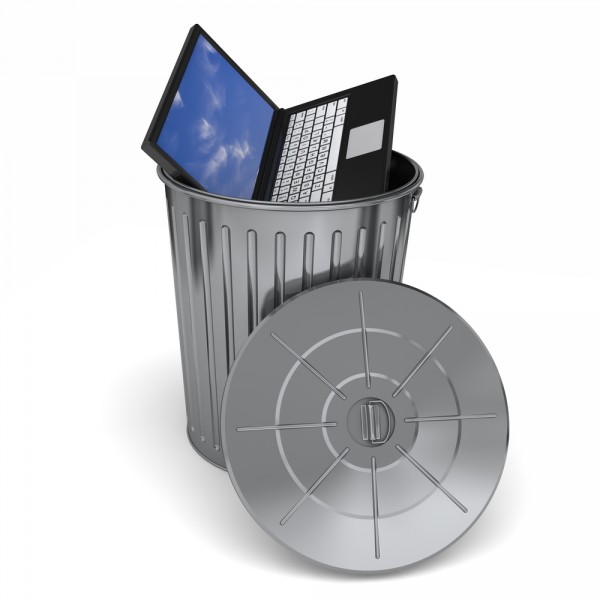
I will never buy another laptop
That is the conclusion I reached after several weeks living la vida post-PC. With nothing but my trusty Acer Iconia Tab to work on while waiting for my house sale to close in Florida (see previous post about not needing a smartphone), I've managed to remain productive and connected without touching so much as a byte of "wintel" technology.
Well, maybe a few bytes. There have been the occasional detors off the Android wagon -- for example, when I needed to quickly print, sign and re-scan some legal documents and hijacked my daughter's Dell Inspiron for a few minutes (it was like pulling teeth -- she's quite possessive of her toys). However, for the most part I accomplished everything I needed to from the comfort of my Ice Cream Sandwich-based tablet. And the secret of my success had as much to do with the accessories that I surrounded the tablet with as with the device itself.
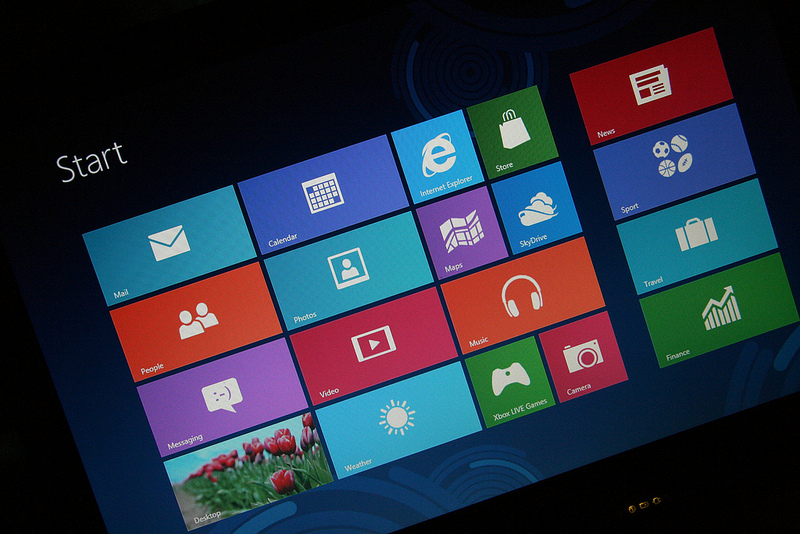
Windows 8 simplifies computing
Second in a series. Most, if not all, the reviews of Windows 8 focus on the intuitiveness of the user interface. As a designer/developer I think lots about creating good UI and user experience (UX). What's seems important to product reviewers or techies is meaningless to Microsoft's target audience of Windows 8 users.
I’m here to tell you that there’s more to the analysis than intuitiveness. UI designers who are really serious about designing compelling user interfaces know that intuitiveness is not the only aspect to consider, there’s also learnability and discoverability that are essential to UI design and development.
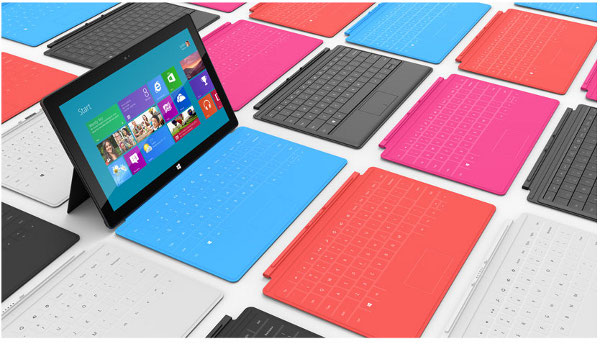
Price will determine Windows RT's success or failure
Windows 8, or more precisely Windows RT, marks a re-entry into the tablet market. Since Spring 2010, the Redmond, Wash.-based company watched Apple become the dominant segment player with iPad. In October, Windows-based tablets will push into a category Microsoft pioneered a decade ago but ceded to an upstart. Price will mean everything.
Two years ago, Windows didn't support low-cost but efficient ARM hardware, which put Microsoft and its hardware partners at a disadvantage price-wise. Since, Microsoft worked diligently to change this in Windows 8, and early development snapshots, previews and information showed touch support and other features usually only found in tablet devices. The changes come at the cost of Windows' traditional user base, which criticizes Microsoft for integrating features that desktop users did not feel comfortable with. All versions of Windows 8 come with improved touch and tablet features, but devices running Windows RT will compete head to head with Apple and Google in the tablet market. That is, if the price is right.
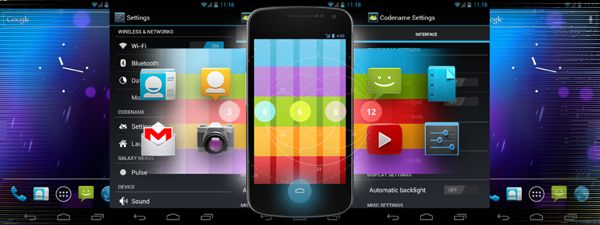
Codename Android is the best ROM going [Review]
Android custom ROMs are magic. They are an improvement over what some might already call the best mobile operating system in the world right now, Android. That is no small feat when its latest iteration, 4.1 Jelly Bean, is the starting point. How can it get any better? In the world of custom Android distributions one name comes to mind -- Codename Android.
When I got my Samsung Galaxy Nexus the first thing I did was to install Android 4.1 Jelly Bean because I wanted the extra oomph brought by it. Little did I know that even the mighty Jelly Bean will not suffice for someone like me -- curious and always willing to try new things. After about two weeks I got into modding my Galaxy Nexus, finally settling for what I think is the best custom ROM for my Nexus -- Codename Android. I toyed with CyanogenMod 10 and AOKP Jelly Bean, and it wasn't until Codename Android that I finally found the right one. Yummy...
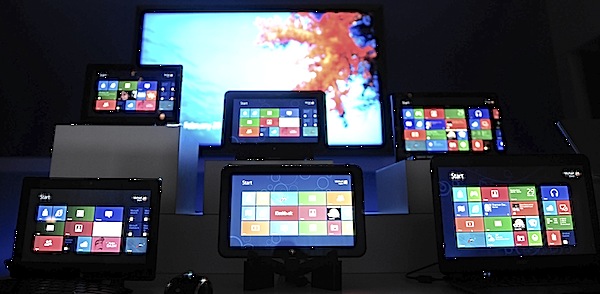
Windows 8 is a compelling story
First in a series. Over the past few months I’ve seen several articles and forum postings negatively criticizing the design of Windows 8; from the flatness of the UI to design inconsistencies on the desktop. I’ve also seen articles asserting how difficult the operating system is to use because it’s not instantly intuitive.
While I think there are some valid concerns in these articles about Windows 8, I personally believe that most of what has been written is shortsighted. I hope to prove this over three articles.
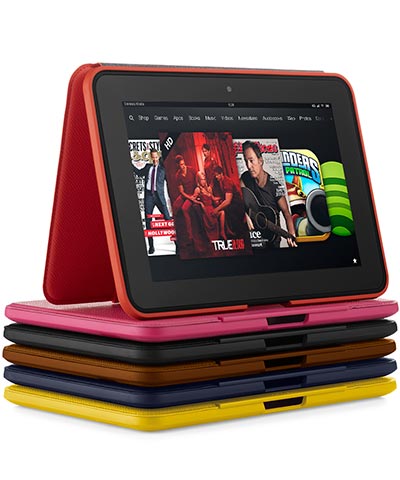
Kindle Fire HD burns Microsoft more than Apple
Following Amazon's Kindle Fire HD announcement, a reader reminded me of a prediction I made at the start of the year: "If Apple gives up its position of industry leadership in 2012 the only company capable of assuming that role is Amazon.com". I stand by those words -- Amazon is really bringing the fight to Apple -- but the most important part is "if Apple gives up its position", which it clearly hasn’t, at least not yet. The real loser here, in fact, is not Apple but Microsoft.
I could be wrong about this but I don’t recall any pundits (me included) predicting that Amazon would introduce a larger format tablet, yet that’s exactly what they did. The larger Kindle Fire HD with its built-in content and app ecosystem (and that killer 4G data package!) is a viable iPad competitor at a terrific price and puts real pressure on the Cupertino, Calif.-based company. Will Apple match the price? I don’t think so. That’s not the game they want to play. But the game is on, nevertheless, and users can only benefit from competition.
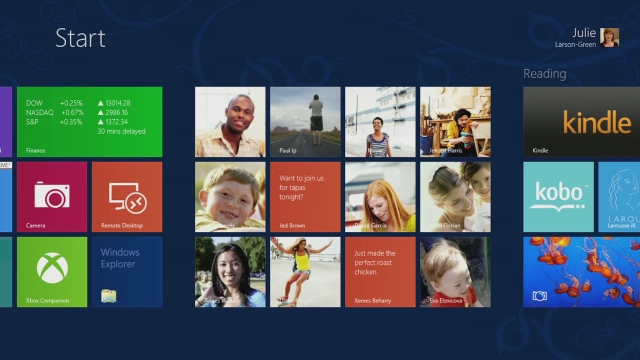
10 Windows 8 apps for IT workers
When you look at the app offerings from Microsoft's Windows Store, the bulk is made up of programs targeting a casual audience. Games seem to be popular, for instance, making up a fifth of all apps currently listed in the store. While there is nothing wrong with playing a game of solitaire during a break or wait period, it doesn't help Microsoft sell the operating system to a professional audience.
Digging deeper, however, you will find decent apps that IT workers will come to love if they take the plunge and decide to work with apps under Windows 8. There is certainly no need for that unless the system is running Windows RT, as desktop programs provide you with a similar, and often even a better, feature set than store apps at the moment.
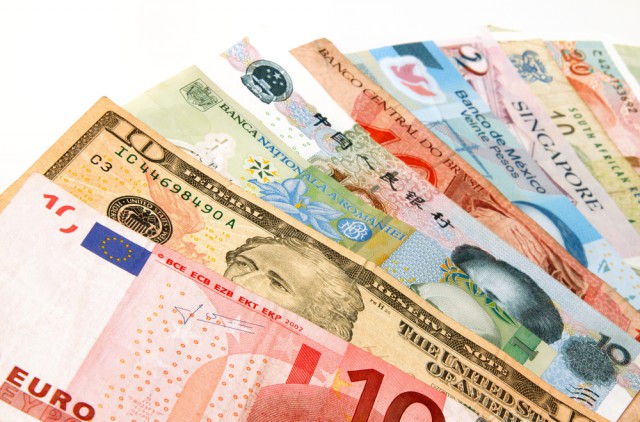
We need an IPO renaissance
Third in a series. As many readers have pointed out, the IPO drought of the last decade has many causes beyond just decimalization of stock trading. Sarbanes-Oxley has made it significantly more expensive to be a public company than it used to be. Consolidation in the banking and brokerage industries have resulted in fewer specialists and hardly any true investment bankers surviving. The lure of derivatives trading and other rocket science activities on Wall Street have made IPO underwriting look like a staid and prosaic profession, too. Fortunately, people in positions of influence are finally starting to realize that there is no economic future for this country without new public companies.
One requirement of the JOBS Act, passed last April, was that the SEC look at trading decimalization, and especially tick sizes, to see if there has been an effect on small-cap company liquidity. If the SEC decides there is such a negative effect there’s the possibility that they introduce a new minimum tick for smaller companies of perhaps a nickel (up from a penny) to as much as a dime. I believe this would help the IPO industry, but many people disagree.
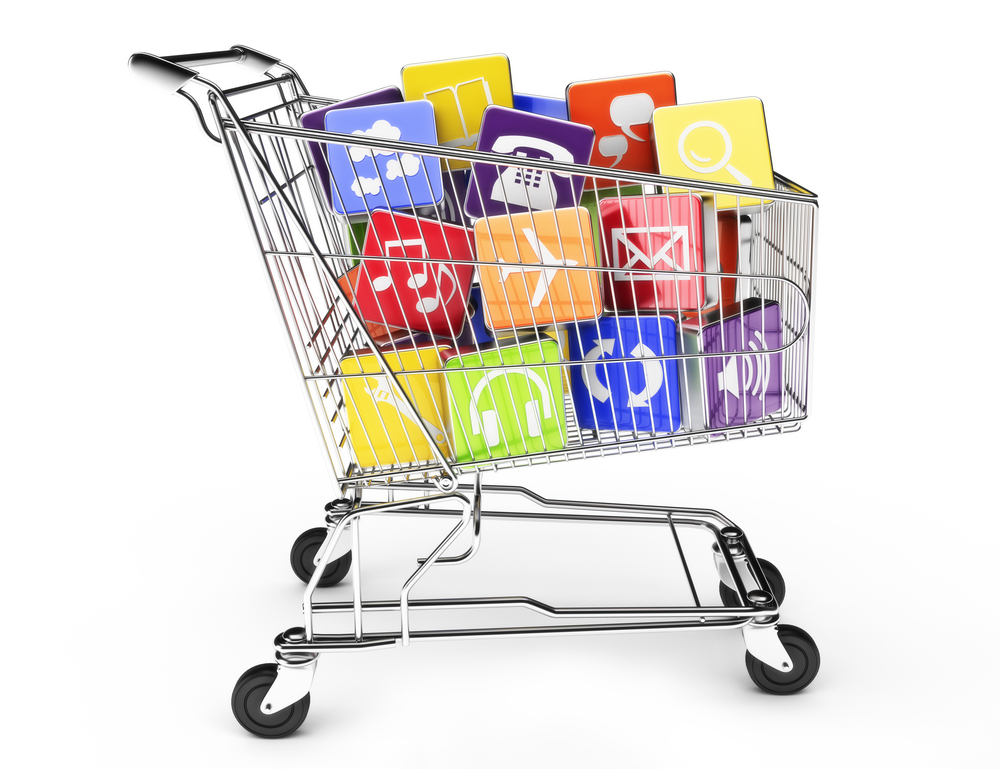
What Windows 8 needs to succeed
As a long-time Windows user, as well as software developer, I have pondered about what would make Windows 8 and the new modern UI (aka. Metro) a success. Microsoft can spit and polish the operating system, but people will interact more with applications. As good as Windows 8 might be, it won't satisfy if the apps aren't good enough.
That's why I believe Microsoft needs to rethink Windows Store. One isn't enough for Windows 8. There needs to be a second Signature store that offers only the highest-quality apps, however few they be. I'll explain.
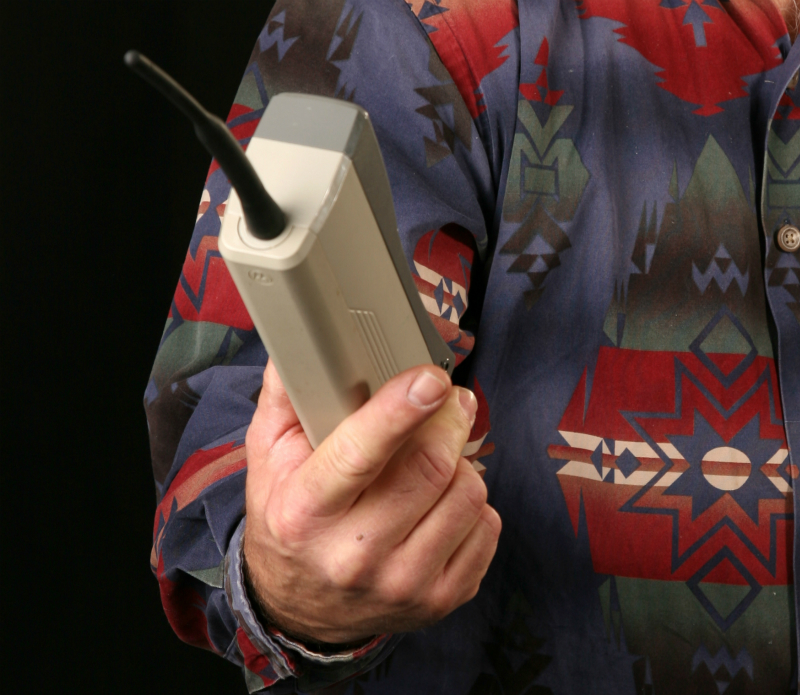
I don't need a smartphone
Call me old fashioned. I do not now, and never have in the past, owned a smartphone. Whether it was due to geographic isolation (the iPhone debuted after I'd moved 11,000 miles to the Indian Ocean), fear of being a too-early adopter, or simply an inability to rationalize the cost of a non-subsidized device, I have somehow resisted the siren song of the smartphone revolution.
But that doesn't mean I'm stuck in the past. More than any of my contemporaries, I have embraced the post-PC concept with gusto. From my first attempts using an HP Mini 2140 netbook (great machine), through my awkward BlackBerry PlayBook (still love my 32GB unit) days to my present infatuation with rooted, customized Android tablets (thanks xda community!), I've seized every opportunity to put my 30+ year relationships with the "wintel" cabal behind me.
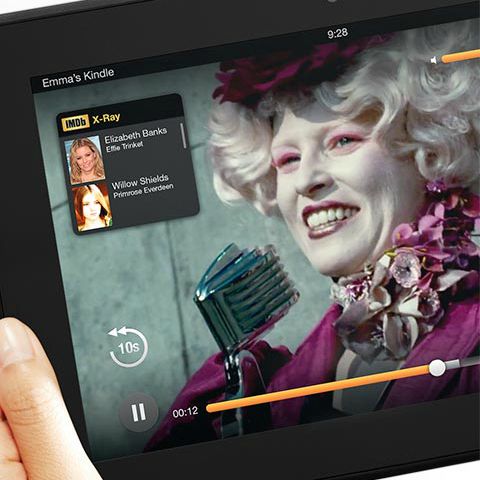
Kindle Fire HD is bad for Android, worse for iPad
Google is in a tough spot. Apple suddenly looks like an ally now that Amazon has unveiled Kindle Fire HD. Both companies stand to lose big time should the tablet achieve any meaningful sales success. Google Play doesn't offer strong enough ecosystem to battle with either iPad or Kindle Fire, but Amazon's tablet is more likely to scorch Android's earth. Amazon's vertical integration -- store, software and services -- is tight, as good as Apple's and in many respects superior. No matter which wins, Android loses.
Here's the problem: Only Amazon has done any meaningful Android customization on tablets, creating a curated experience similar to Apple's. Like iOS, Amazon Android is tightly vertically and horizontally integrated with siloed services. Kindle Fire is designed to mainly work within the Amazon content/retail sphere and little outside it. Amazon runs its own stores -- everything from apps to movies -- while shunning Google Play. Meanwhile, Kindle Fire supports the custom Silk browser rather than the stock Android one or Chrome. Amazon Android is a competing platform/ecosystem within the larger, more open one Google champions. (The original Kindle Fire is customized Gingerbread and new HD models customized Ice Cream Sandwich.)
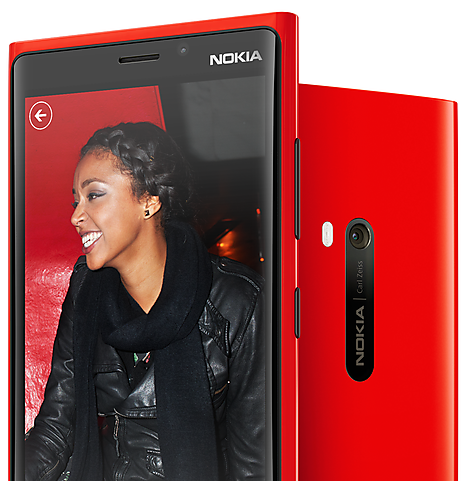
Will you buy Nokia Lumia 920 Windows Phone?
Nokia's fortunes and the future of Windows Phone tie to one device: Lumia 920 running Windows Phone 8. The Finnish handset maker revealed the smartphone yesterday in a joint announcement with Microsoft. This is the Windows phone you waited for, or did you? Perhaps you already gave up and bought Android or iPhone. What I want to know on this sunny September day: Will you buy Lumia 920? If so, when -- and why? If not, why not?
Nokia and Microsoft need Lumia 920 and sibling 820 to succeed. Once the global phone leader, Nokia is now second to Samsung. During Q2, Nokia's global sales share fell to 19.9 percent from 22.8 percent a year earlier, according to Gartner. Meanwhile Microsoft's mobile platform share rose to 2.7 percent from 1.6 percent. But that's behind Samsung's Bada. Combined, Android and iOS have 82.9 percent share, forming a near impenetrable barrier of the likes Microsoft has never seen. Like Windows on PCs, Android and iOS command a broad ecosystem of applications, peripherals, developers, retailers and other services or providers.

Stock market decimalization kills IPOs and ruins the economy
Second in a series. Well it took me more than the one day I predicted to finish this column, which purports to explain that dull feeling so many of us have in our hearts these days when we consider the US economy. Our entrepreneurial zeal is to some extent zapped. For a decade it seemed we needed to jump from bubble to bubble in order just to drive economic growth -- growth that ultimately didn’t last. What happened? Initial Public Offerings (IPOs) went away, that’s what happened.
I wrote several columns on job creation over the last year, columns that explained in great detail how new businesses, young businesses, and small businesses create jobs and big businesses destroy them. Big business grows by economies of scale, economies of scale are gained by increasing efficiency, and increased efficiency in big business always -- always -- means creating more economic output with fewer people.
